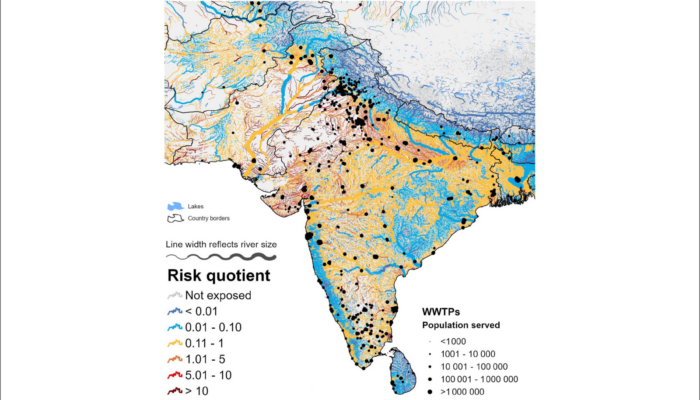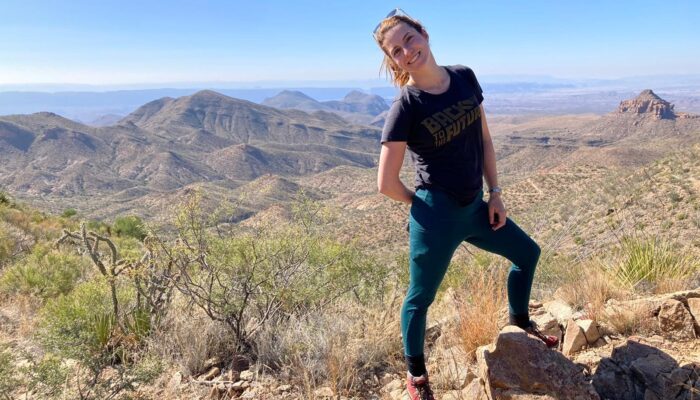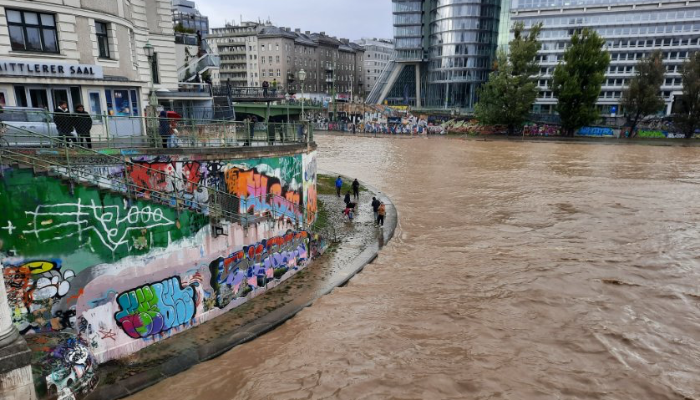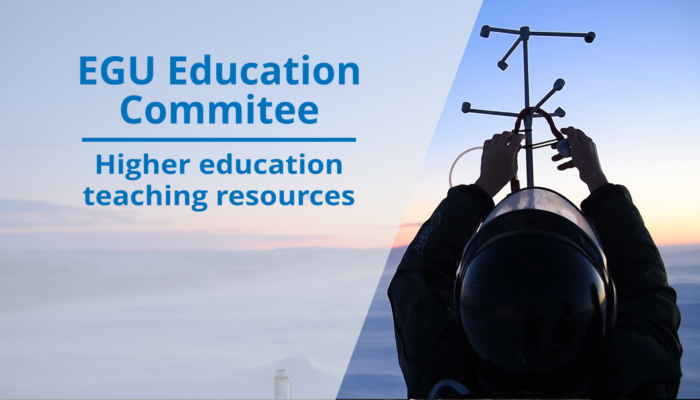‘What I wish someone told me early in my career’ is a new Geolog series that aims to provide valuable insights and guidance to early-career professionals within the European Geosciences Union (EGU) community. Each month, I will interview a staff member of EGU to share their personal career journey, experiences, challenges faced, and the tips they wish they had received earlier in their careers. Th ...[Read More]
September 2024 flooding in Central Europe: The Austrian experience
This blog post is co-published with the Hydrology Division (HS). Storm Boris is the latest in a series of deluges during one of Europe’s most flood-prone periods in 500 years, yet Vienna managed to avoid major damage. The city’s preparations may offer valuable lessons for other urban areas facing similar challenges. Dealing with record rainfall: September 2024 in Vienna When record rainfall ...[Read More]
Here is how HydroFATE, a new high-resolution model, is predicting contaminant hotspots in global waterways

Ever wonder what happens to the chemicals and medications we use once they go down the drain? The fourth Sunday of September each year marks the World Rivers Day, and this post is dedicated to our global rivers and what humankind can do to preserve our waters. This is because pharmaceuticals and household products, even after being flushed or washed away, don’t just disappear. Many of these substa ...[Read More]
Higher Education Resource: Project Design for Research and Community Projects
The European Geosciences Union (EGU) supports bringing science into the classroom at all learning levels, from schools to universities. Since the Higher Education Teaching grant programme launched in 2020, EGU has funded 24 projects to develop useful and freely available geoscience resources to university educators. This blog is part of a series of blogs highlighting the innovative and accessible ...[Read More]



